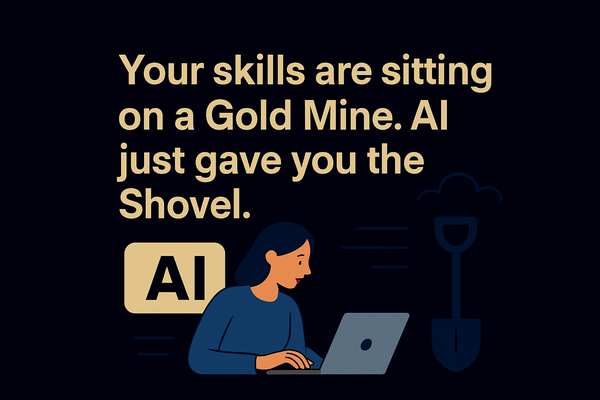Fed Signals Critical Market Rescue Move
Markets are volatile and recession fears are high. The Federal Reserve is signaling a critical rescue move. I'll explain what a potential rate cut means for your investments, 401(k), and financial future.

Everyone is obsessed with the Fed. Hanging on every word, every comma in their statements, like addicts waiting for their next fix.
The consensus view is simple, and frankly, lazy: When the Fed cuts rates, the whole market goes up. A rising tide lifts all boats. A rescue for everyone.
This is dangerously naive.
The Fed isn't about to rescue the entire market. They're about to pour gasoline on a fire that’s already raging in one specific corner of it. While the talking heads debate a "soft landing," they're missing the real story: this isn't a rescue, it's a reallocation of capital on a historic scale.
Look at the facts. Big Tech isn't waiting for a handout. They're in the middle of the most ruthless strategic pivot in a generation. They've already cut over 100,000 jobs in legacy divisions—not because they're broke, but to free up armies of engineers and capital for the only thing that matters.
And where is that capital going? Straight into the AI arms race. We're talking a planned $364 billion in AI investment for this year alone. They aren't trimming costs; they are sharpening their swords for the next war.
So when the Fed finally signals the pivot and money becomes cheap again, who do you think benefits most? The zombie companies struggling with debt, or the cash-rich behemoths who have already retooled their entire business to dominate the next decade?
It's not even a fair fight.
The critical mistake is thinking this is about the market as a whole. It's not. It's about a massive, violent divergence between the AI-haves and the AI-have-nots. A Fed "rescue" will only accelerate this divide, making the winners win bigger and leaving the laggards in the dust.
Your job isn't to guess the exact date of the next rate cut. It's to understand where the capital will flow when the floodgates inevitably open. The signals are already there, if you're willing to look past the noise.
The Fed isn't rescuing the old economy. It's about to underwrite the new one.




